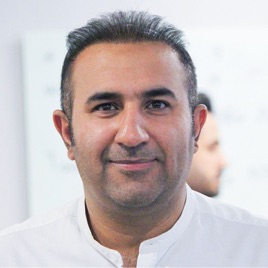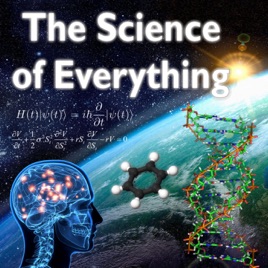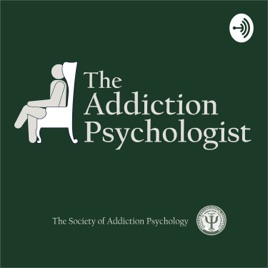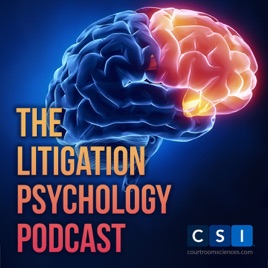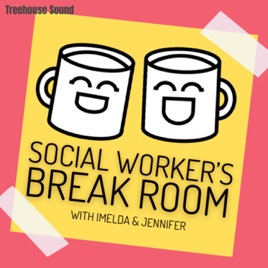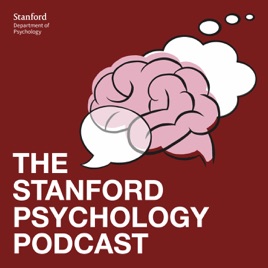
Advertise on podcast: Stanford Psychology Podcast
Description
The student-led Stanford Psychology Podcast invites leading psychologists to talk about what’s on their mind lately. Join Eric Neumann, Anjie Cao, Kate Petrova, Bella Fascendini, Joseph Outa and Julia Rathmann-Bloch as they chat with their guests about their latest exciting work. Every week, an episode will bring you new findings from psychological science and how they can be applied to everyday life. The opinions and views expressed in this podcast represent those of the speaker and not necessarily Stanford's. Subscribe at stanfordpsypod.substack.com. Let us hear your thoughts at stanfordpsychpodcast@gmail.com. Follow us on Twitter @StanfordPsyPod. Visit our website https://stanfordpsychologypodcast.com. Soundtrack: Corey Zhou (UCSD). Logo: Sarah Wu (Stanford)
Podcast episodes
Check latest episodes from Stanford Psychology Podcast podcast
Podcast reviews
Read Stanford Psychology Podcast podcast reviews
Podcast sponsorship advertising
Start advertising on Stanford Psychology Podcast & sponsor relevant audience podcasts
You may also like these social sciences Podcasts
